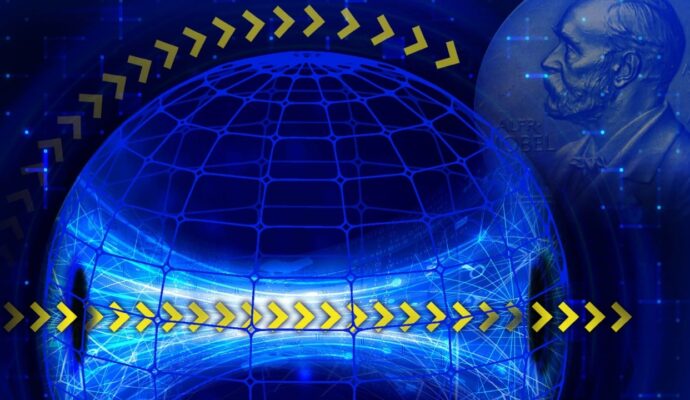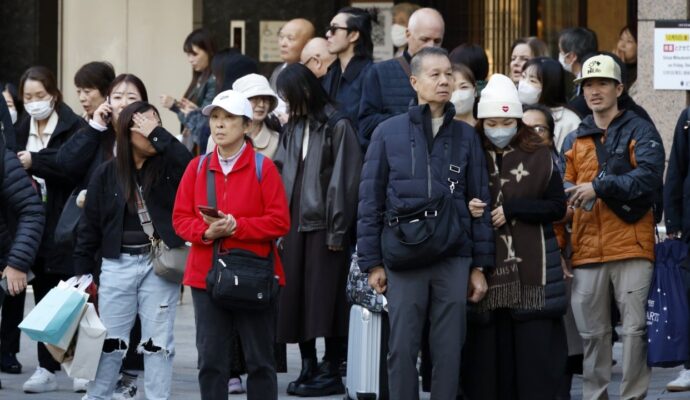Liu’s vast knowledge and experience are seen as invaluable as Beijing works on its strategies to deal with the US – cooperating in some areas while pushing back in others.
Liu Wan-Hsin, a senior researcher at the Kiel Institute for the World Economy in Germany, said retaining Liu’s services could send a strong message that economic development remains a top priority for the Chinese government.
“This is consistent with the information that we have gathered from the National People’s Congress in March,” she said.
“Because of his expertise and experience, as well as his networks and connections with key decision-makers in other countries, [Liu] can be an asset for China to rebuild economic relationships with other countries, particularly the Western economies.”
The 71-year-old Harvard-trained economist was in charge of a huge portfolio – from the hi-tech drive to state-enterprise reforms and broader industrial policies – until his retirement from all official government positions and the party.
In addition to stepping down from these posts at the party congress last October and the “two sessions” parliamentary meetings in March, Liu also retired in April from his position as director of the general office of the Central Financial and Economic Affairs Commission, according to a source.
New vice-premier He Lifeng has since been appointed to the position on the commission, China’s highest policy coordination body on economic affairs.
As the Chinese convenor of the US-China Comprehensive Economic Dialogue, Liu led the trade talks with Washington and was pivotal in designing Beijing’s technology and economic plans to break the stranglehold on China’s economy.
In January 2020, Liu travelled to Washington and signed the phase-one trade deal with then-US president Donald Trump after rounds of difficult negotiations.
Although the deal was never fully carried out, it brought a short respite to the economic war between the two powers. It remains the only economic agreement signed by the two sides over the past three years.
Liu is widely regarded as a “pro-market” leader and is a familiar face to foreign governments and investors. On his last overseas trip as vice-premier in January, Liu met Yellen in Zurich.

